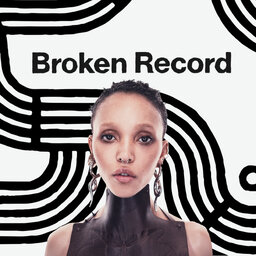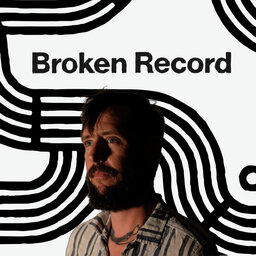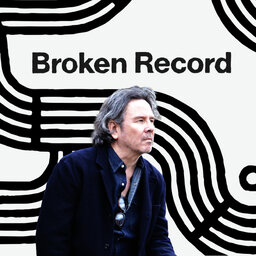Iggy Pop, Part 2
Today we have part two of Rick Rubin’s conversation with proto-punk icon, Iggy Pop. If you didn’t catch part one last week where Iggy talked about his early days with the Stooges and the inspiration behind some of their most seminal songs, make sure you check that out.
On today’s episode you’ll hear Iggy talk in-depth about the years he spent working and touring with David Bowie. He also explains how James Brown inspired his legendary performance style, and then Iggy recalls the ridiculous antics that led to him bleeding on stage for the first time.
You can hear a playlist of some of our favorite Stooges and Iggy Pop solo songs HERE.
 Broken Record with Rick Rubin, Malcolm Gladwell, Bruce Headlam and Justin Richmond
Broken Record with Rick Rubin, Malcolm Gladwell, Bruce Headlam and Justin Richmond


